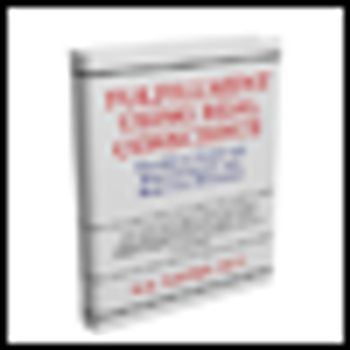
There are very few, if any, direct mental health provisions in the congressional health care legislation that has passed the House and is now awaiting Senate approval. The Senate bill-the Patient Protection and Affordable Care Act (HR 3590)-debated on the floor in December is similar in some respects to the Affordable Health Care for America Act (HR 3962), which the House passed by an extremely thin, Democrat-heavy vote of 220-215 on November 7, 2009. Both bills appear to extend mental health parity to individual and group policies sold within new health insurance Exchanges. They would also expand Medicaid, begin funding medical home demonstrations, and ban insurance companies from denying policies based on an applicant’s preexisting condition.

